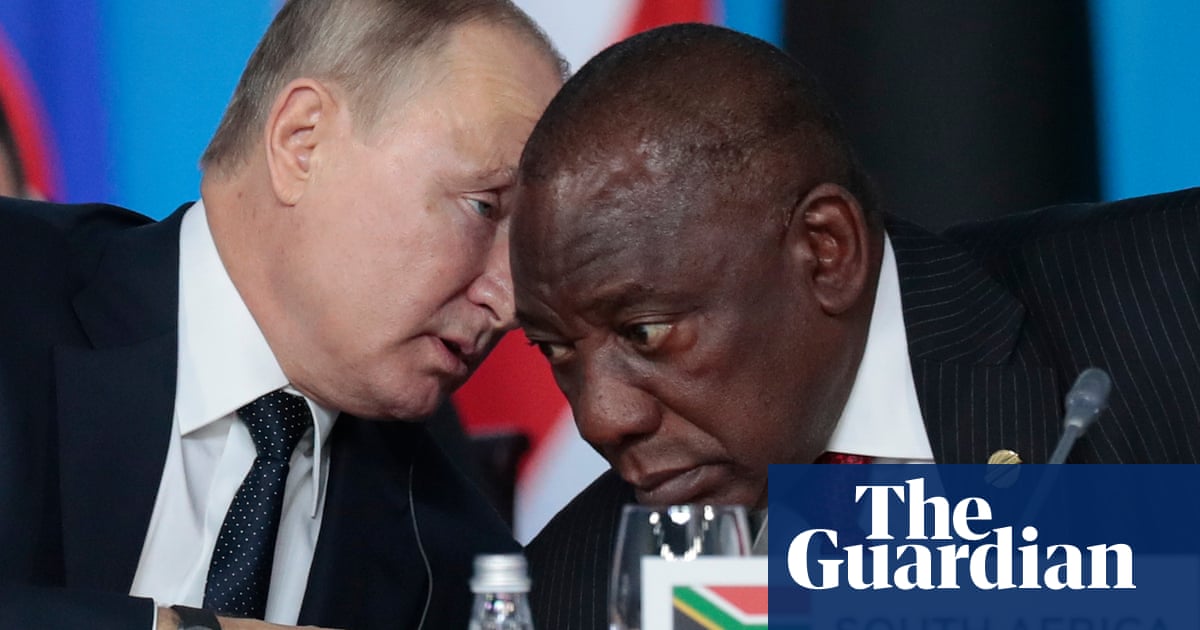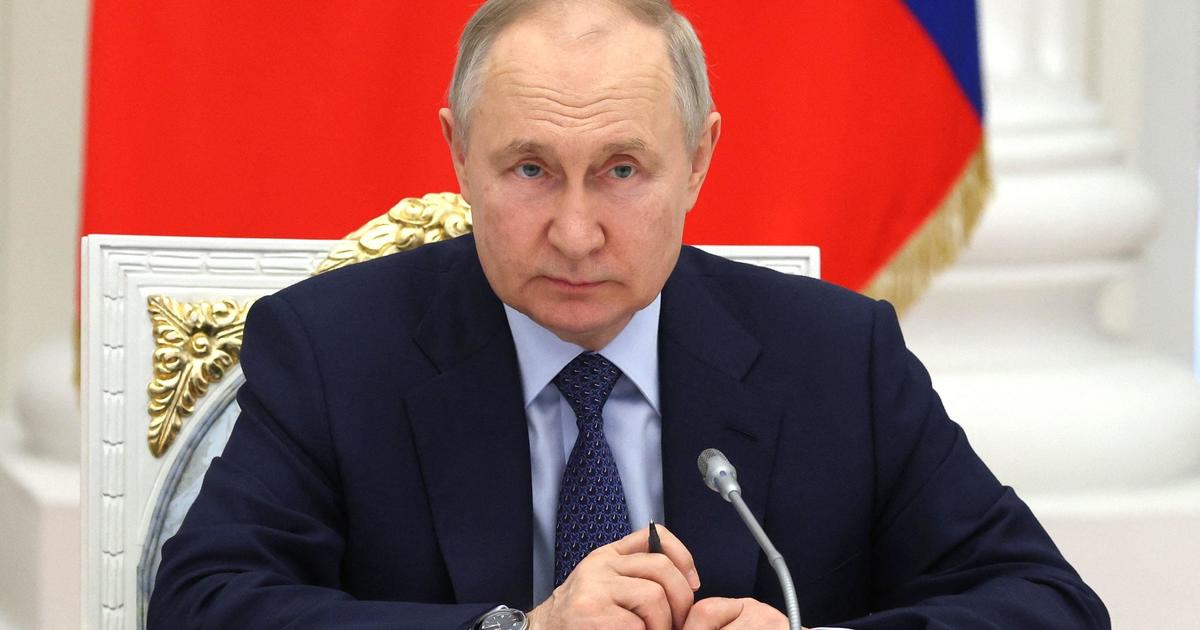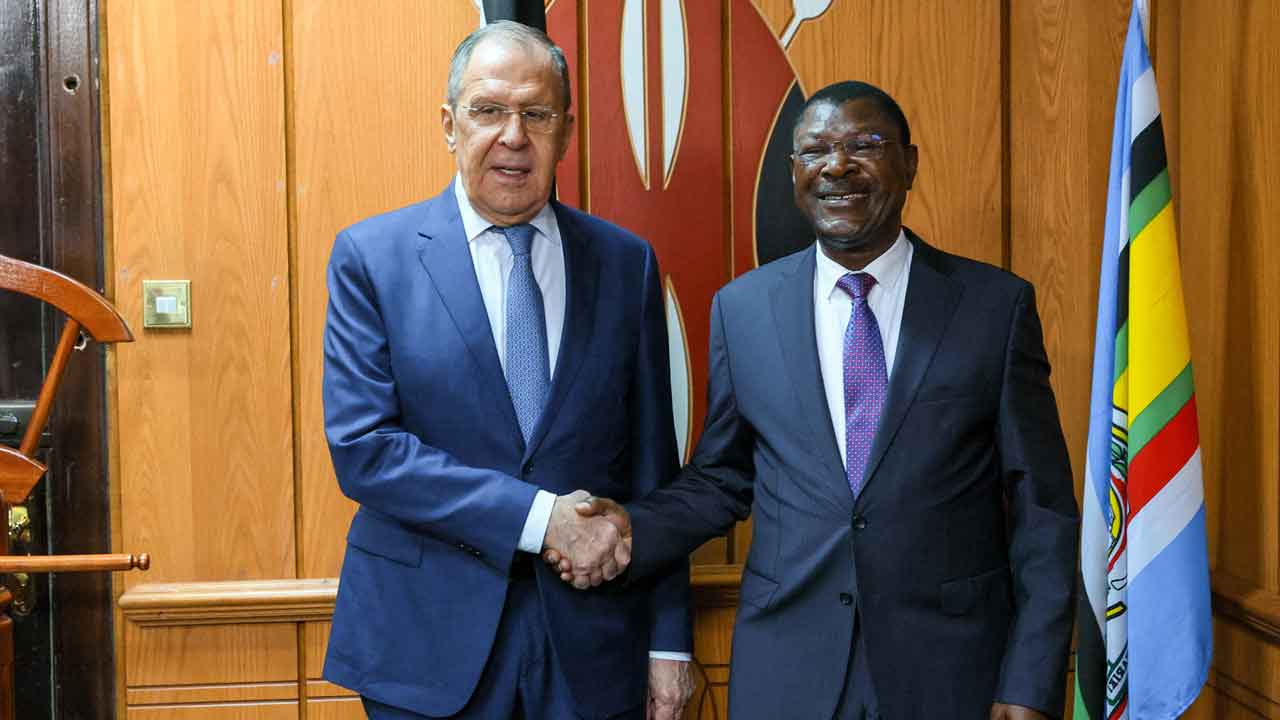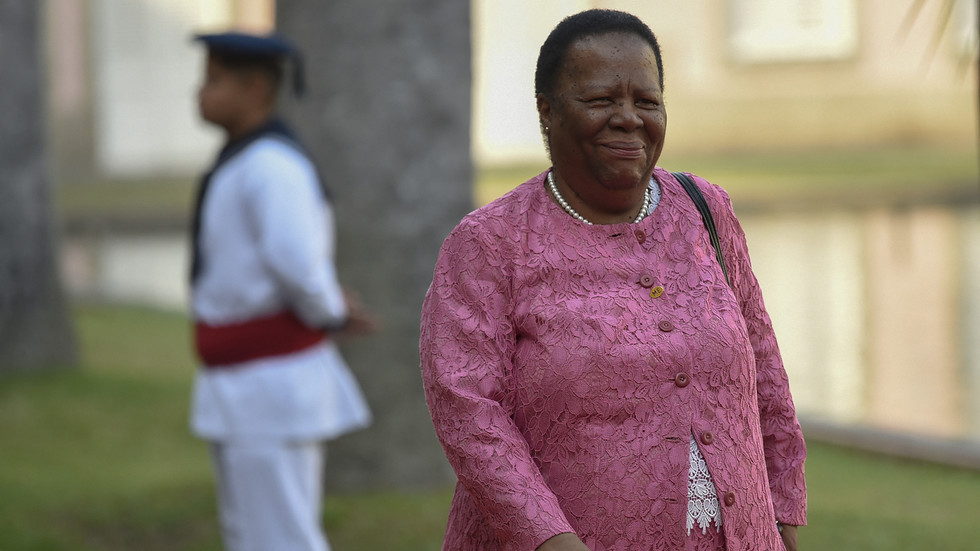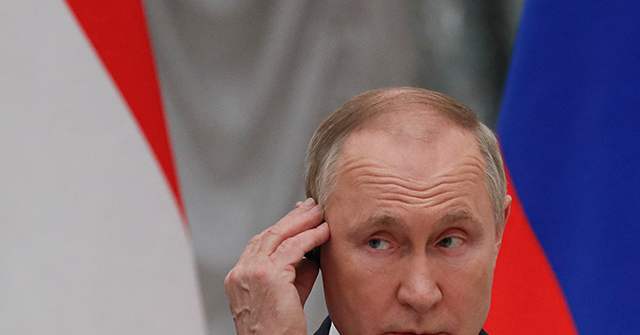The Facts
The foreign ministers from the BRICS ["Brazil, Russia, India, China, and South Africa"] — the group of emerging economies — have gathered for a two-day meeting in Cape Town, South Africa, to hold talks on deepening ties ahead of the bloc's summit in Johannesburg in August.
South Africa's Minister of International Relations and Cooperation, Naledi Pandor, who chairs the ministerial meeting, also invited fifteen of her counterparts from Africa and other global south countries to attend a "Friends of BRICS" meeting on Friday.
The Spin
Establishment-critical narrative
The agenda of the BRICS foreign ministers meeting in the run-up to the August summit underscores that the era of unipolarity and the West's hypocritical "liberal world order" is coming to an end. This is reflected in BRICS' efforts to "de-dollarize" and in the fact that their collective Gross Domestic Product already exceeds that of the US-led G7. The BRICS countries' refusal to join the proxy war against Russia is further evidence of the new confidence that is gaining momentum among the global south nations.
Pro-establishment narrative
Despite all the BRICS hype and the supposedly imminent end of the US-led global economic order, the reality is more complex. The bloc's composition is primarily characterized by geopolitical and economic rivalries that make the creation of a common currency extremely difficult — a problem that is likely to be exacerbated by adding more members. The fact that South Africa is flirting with the war criminal Putin, thus antagonizing the US as its second-largest trading partner, also does not bode well for the future of BRICS.

